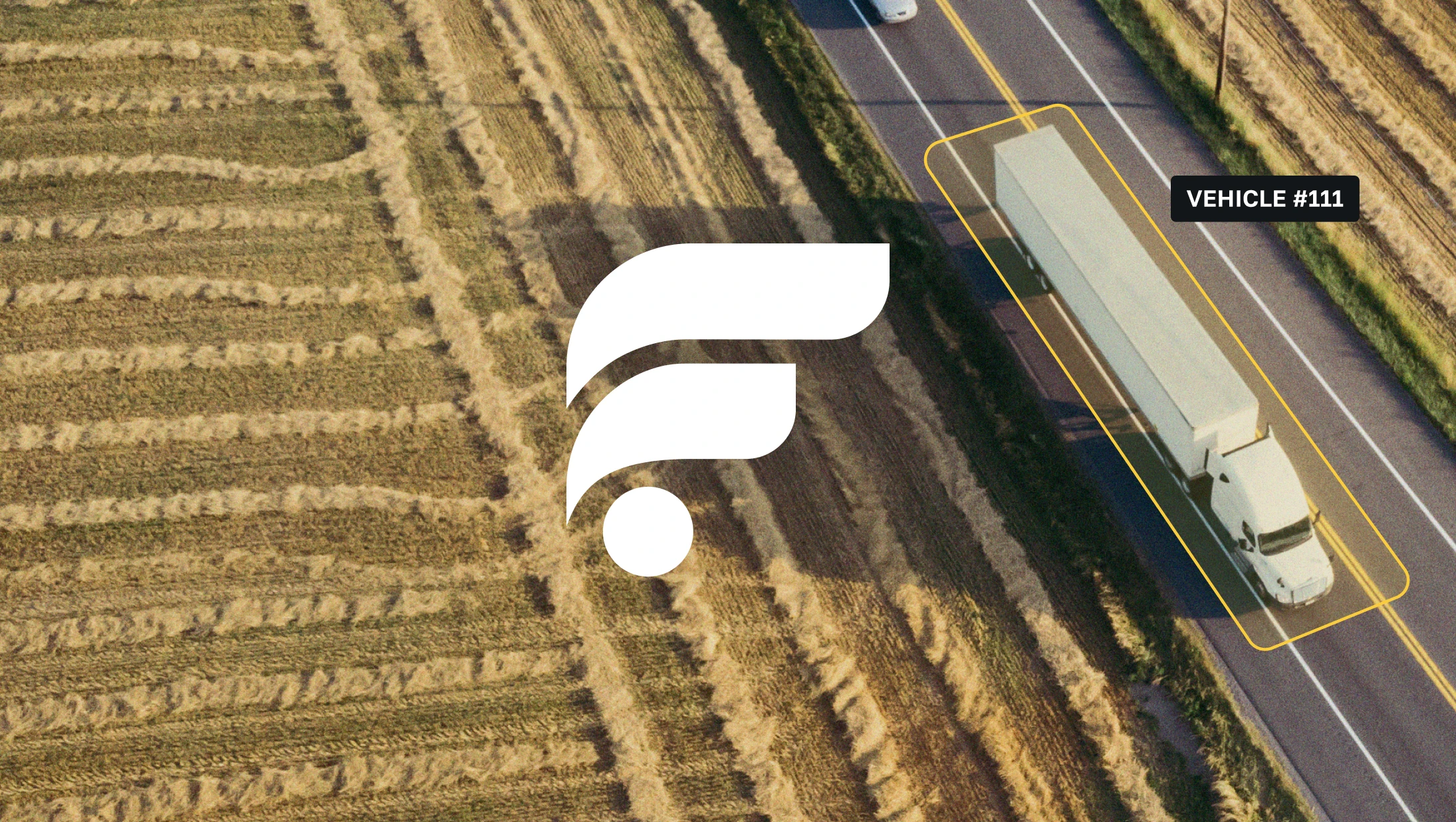By Lori Johnson, Senior Compliance Consultant
The FMCSA’s long-awaited Medical Examiner’s Certification Integration Rule finally went into full effect on June 23, 2025. This regulatory shift, which changes how CDL medical certifications are processed and verified, aims to simplify compliance while reducing errors and administrative burdens. But for fleets and commercial drivers, this also means adjusting long-standing practices to stay in compliance.
Here’s what you need to know and how to prepare.
Key Changes to the CDL Medical Certification Process
The rule automates the medical certification workflow for CLP/CDL drivers, eliminating paper forms and manual submissions. Here are the major updates:
- No more paper MECs required for CDL/CLP drivers. Although drivers can request a copy, they’re no longer required to carry or submit it to the State Driver’s License Agency (SDLA).
- Medical examiners must now submit results electronically to the FMCSA by midnight the day after the exam.
- FMCSA will transmit results to the SDLA, which must update the CDLIS MVR by the next business day.
- Motor carriers must run a “medical” MVR, but they will no longer receive paper documentation and should run the MVR sooner than the prior 15-day timeline.
- Carriers no longer need to confirm that examiners are on the National Registry—if an examiner isn’t registered, the exam can’t be submitted.
Note: These changes apply only to CDL and CLP holders. Non-CDL drivers are still required to carry and provide paper MECs.
How This Impacts Motor Carriers
While this update reduces paperwork and manual errors, it also centralizes accountability around electronic systems. Here’s what your fleet should be doing right now:
- Prioritize early medical exam renewals. Don’t wait until the last minute—processing delays can result in CDL downgrades.
- Run “medical MVRs” promptly after exams to ensure the certification is recorded correctly and avoid any gaps in compliance.
- Monitor your state’s compliance status. Not all states are fully integrated. In those cases, continue to follow the previous process until your state is compliant.
What Happens If There’s a Problem?
The FMCSA has established a support desk to help resolve data transfer or certification errors. If you notice discrepancies in a driver’s MVR, act quickly to avoid violations or operational interruptions.
If a driver has issues with their medical status updating correctly, FMCSA has set up a support desk for those who can’t resolve issues through the Medical Examiner or SDLA: 617.494.3003 or fmctechsup@dot.gov.
Visit the FMCSA Learning Center for updates and a list of states currently compliant with the new process.
Final Thoughts: Why This Rule Matters More Than Ever
Understanding and adapting to the FMCSA’s updated medical certification process isn’t just about checking a regulatory box—it’s about maintaining operational continuity and protecting your fleet from unnecessary disruptions.
With the entire certification system moving to a more centralized, electronic format, any gaps in understanding or timing can have real consequences, including license downgrades and driver disqualification.
For fleet managers, HR professionals, and compliance teams, now is the time to revisit internal workflows, ensure alignment with your SDLA’s processes, and prioritize timely MVR reviews. A proactive approach will reduce risk, save time, and help ensure every driver stays on the road—qualified, compliant, and ready.




